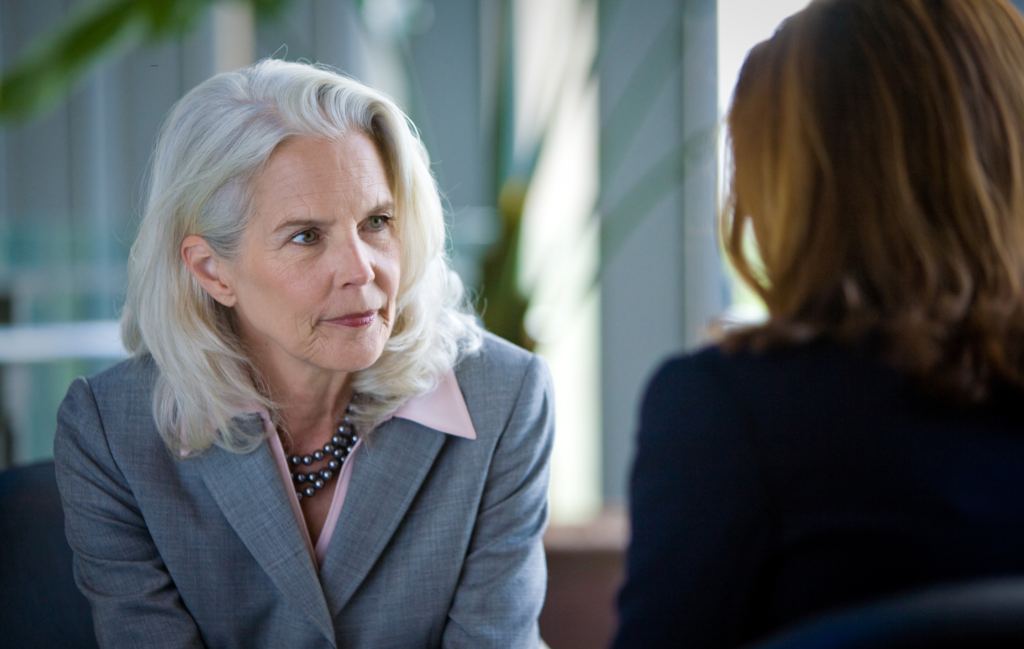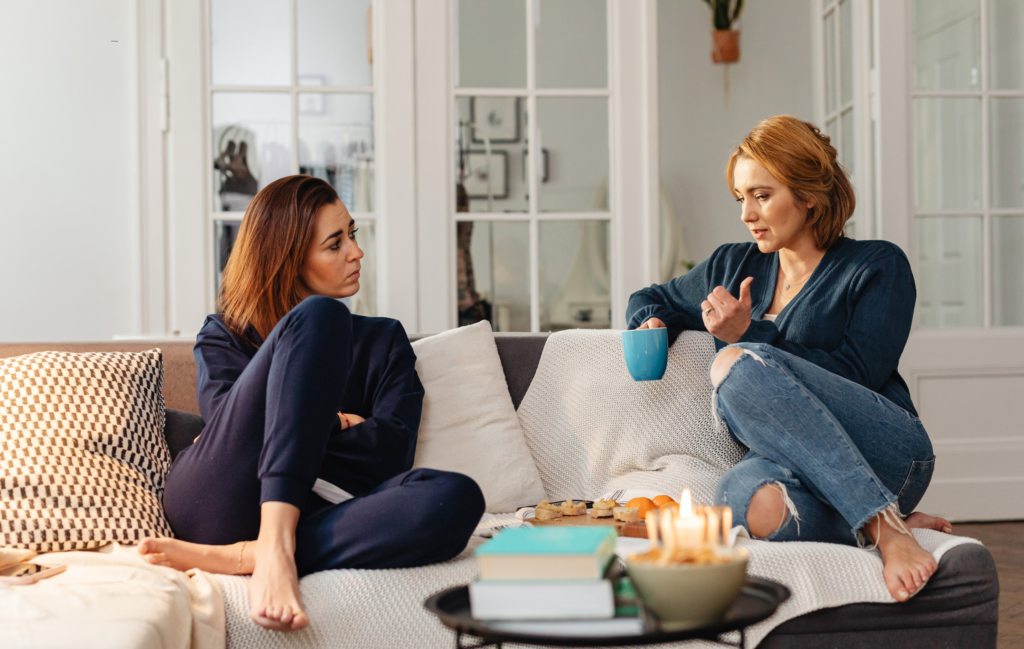Good communication goes beyond just talking. It involves listening — not just any listening, but active listening. Active listening is more than hearing words. It’s understanding, engaging, and responding thoughtfully. Throughout my personal and professional life, learning to listen with purpose transformed my relationships. In this article, I will share how embracing active listening strengthened the bonds I have with friends, family, and coworkers.
The Power of Active Listening
Listening sounds simple, right? Yet, there’s a big difference between hearing and truly listening. Active listening means being fully present, focusing on the other person’s words, body language, and emotions. It’s not about waiting for your turn to speak, but genuinely absorbing what the other person is saying. This skill not only helps the speaker feel valued but also enhances your understanding of the situation.

I used to believe I was a good listener. But as I look back, I see how often I was just waiting to respond, rather than understanding the other person’s point. When I made the shift toward active listening, my relationships flourished. Let me share how.
Strengthening Family Bonds
At home, I often found myself distracted by my own thoughts. My partner would be sharing their day, and while I nodded along, I wasn’t fully engaged. This led to moments of frustration where they felt unheard, and our conversations lacked depth.
One evening, my partner sat me down and shared how distant I seemed during our talks. It was then that I realized I needed to change how I listened. I began focusing on the conversation by maintaining eye contact, not interrupting, and repeating back what I had heard to confirm I understood correctly.
For example, instead of simply nodding when my partner shared their work struggles, I would ask follow-up questions. “It sounds like that meeting was really stressful for you. How do you feel about the outcome?” This small shift in how I listened made a world of difference. My partner felt valued, and our relationship grew stronger because they felt heard and supported.
How Listening with Purpose Built Friendships
In my friendships, active listening also played a significant role. One particular friendship had been strained because I wasn’t giving my full attention during conversations. My friend once confided in me about a personal struggle, and though I was physically present, my mind wandered. A week later, they mentioned feeling like I didn’t care — and that hit me hard.

I realized that my half-hearted listening had hurt my friend. I actively tried to practice active listening after that. I would set aside distractions, like my phone or TV, and focus entirely on the conversation. During one of our next conversations, I asked more meaningful questions and made sure to offer thoughtful responses. I mirrored their feelings and expressed empathy when needed.
This change repaired the trust that had weakened in our friendship. By listening more actively, I showed that I cared about their feelings. And in return, our bond deepened.
How it improves Professional Relationships?
The workplace is another area where listening with purpose made a huge difference for me. In meetings, I used to zone out, focusing only on what I needed to say next. I have no idea how much listening I was missing out on. My colleagues’ insights, ideas, and concerns often flew over my head.
But one day, after a tense meeting, a coworker approached me. They expressed that they didn’t feel heard and wondered if their input mattered. This was a wake-up call. From then on, I made a point to fully engage in work discussions. I paid closer attention, took notes, and reflected on what was said before offering my thoughts.
In one particular project meeting, a coworker suggested a different approach to solving a problem. In the past, I would have brushed off the idea and pushed my own. But this time, I listened carefully, asked for more details, and acknowledged their perspective. This led to a better solution for the team and strengthened my relationship with that coworker.
By actively listening, I built more collaborative relationships at work. Colleagues appreciated that I was engaged, and I earned their respect. Listening at work showed that I valued their opinions, which ultimately improved our teamwork.

Listening Beyond Words
Active listening isn’t just about hearing the words. It’s about paying attention to the emotions behind those words. Non-verbal cues like tone, body language, and facial expressions all give context to a conversation. I learned this lesson during a difficult conversation with a close friend.
We were discussing a sensitive topic, and while their words were calm, their body language told a different story. They were fidgeting and avoiding eye contact. In the past, I would have missed these signs. But since I had started practicing active listening, I asked if they were feeling uncomfortable. That opened up a deeper conversation where they felt safe to express their true feelings.
By noticing non-verbal cues, I was able to offer support in a way that was meaningful. Listening goes beyond just understanding words. It’s about understanding emotions, too.
How Active Listening Strengthened My Marriage
Marriage requires communication, and communication requires listening. But for a long time, I wasn’t fully listening to my spouse. I was guilty of thinking ahead, planning my responses instead of hearing what they were saying. This led to misunderstandings and arguments.
One evening, we had a disagreement over a small issue that escalated quickly. In the middle of the argument, I realized I wasn’t truly listening. I was too focused on defending myself. So, I stopped. I made a conscious effort to breathe, calm down, and listen to my spouse’s concerns.
I repeated what they had said to make sure I understood. “So, you’re saying that you felt I was dismissive earlier when you asked for help. Is that right?” This approach changed the entire conversation. My spouse felt heard, and we resolved the issue without further escalation. This habit of reflective listening improved our communication and strengthened our marriage over time.
How it Improved My Leadership Skills
As a leader, one of the most important skills is listening. When I first stepped into a leadership role, I struggled with this. I was too focused on being assertive and offering solutions. I thought leadership was about talking, not listening. But over time, I learned that listening is a key leadership skill.

During one team meeting, I decided to take a different approach. Instead of jumping in with my thoughts, I asked each team member for their input and really listened. I asked follow-up questions and made sure to consider their suggestions before making decisions. This created an atmosphere of collaboration. The team felt heard, and it improved both morale and productivity.
As I continued to practice active listening, I saw that my leadership style changed. I became more empathetic, understanding, and open-minded. Listening helped me connect with my team on a deeper level and improved our overall success.
The Journey to Becoming a Better Listener
However, It is a skill, and like any skill, it takes practice. I’m far from perfect, but the progress I’ve made has been life-changing. By actively listening, I’ve improved my relationships with friends, family, coworkers, and even myself.
What I learned is this: people just want to feel heard. When we listen with purpose, we give others the space to express themselves fully. And when they feel heard, relationships grow. Whether in personal or professional life, listening is the foundation for meaningful communication.
So if you want to improve your relationships, start by listening with intention. It might just change everything.
Read more:
All about Active Listening